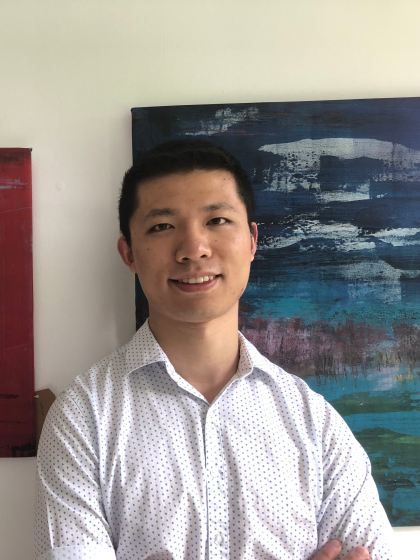dr. S. (Shuye) Yu, PhD

Uptake of Home-based Work Following a Health Shock: Evidence from Australia
A health shock, defined as a sudden decline in one’s health condition, negatively impacts various labour market outcomes (e.g., employment and working hours). However, little is known about its association with flexible employment. Using eight waves of an Australian household panel survey (HILDA) between 2012 and 2019, this paper examines the effect of a recent health shock on the extensive and intensive margins of home-based work as one typical form of job flexibility. I adopt a recently developed Heckman-type sample selection model for binary panel data to model the extensive margin and extend this model to fit partially observable panel data to model the intensive margin. These Heckman-type models account for the biases from non-random selection into employment and unobserved individual heterogeneity. The results show that health shocks positively impact home-based work uptake, and the effect is more prominent for women. I find the non-random selection into employment leads to underestimating results for women’s subsample. My findings suggest that home-based work could be a feasible adapting behaviour in response to health shocks
Flexible Jobs Make Parents Happier: Evidence from Australia (with Agnieszka Postepska)
Recent studies have found that self-reported life satisfaction drops during the transition into parenthood. This decline is often attributed to a work-family conflict. This study investigates whether different forms of flexible employment can alleviate this drop in parental life satisfaction during this period. A fixed-effects analysis in an event study framework using Australian household survey data (HILDA) delivers convincing evidence that working flexibly indeed alleviates the drop in subjective well-being, suggesting that it relieves the stress related to work-family conflict. Moreover, we find substantial gender heterogeneity in the effects of different types of flexible employment on mothers' and fathers' life satisfaction. Mothers with short part-time jobs (0-20 hours per week) exhibit greater life satisfaction than mothers who work full-time, especially when their children are younger than four. Among fathers, self-scheduling and home-based work yield a significant increase in perceived happiness compared to fixed employment terms. This is especially true for fathers of one- and two-year-olds. These results are consistent with a typical intra-household time allocation of parents in Australia.
| Last modified: | 02 March 2023 07.54 a.m. |
